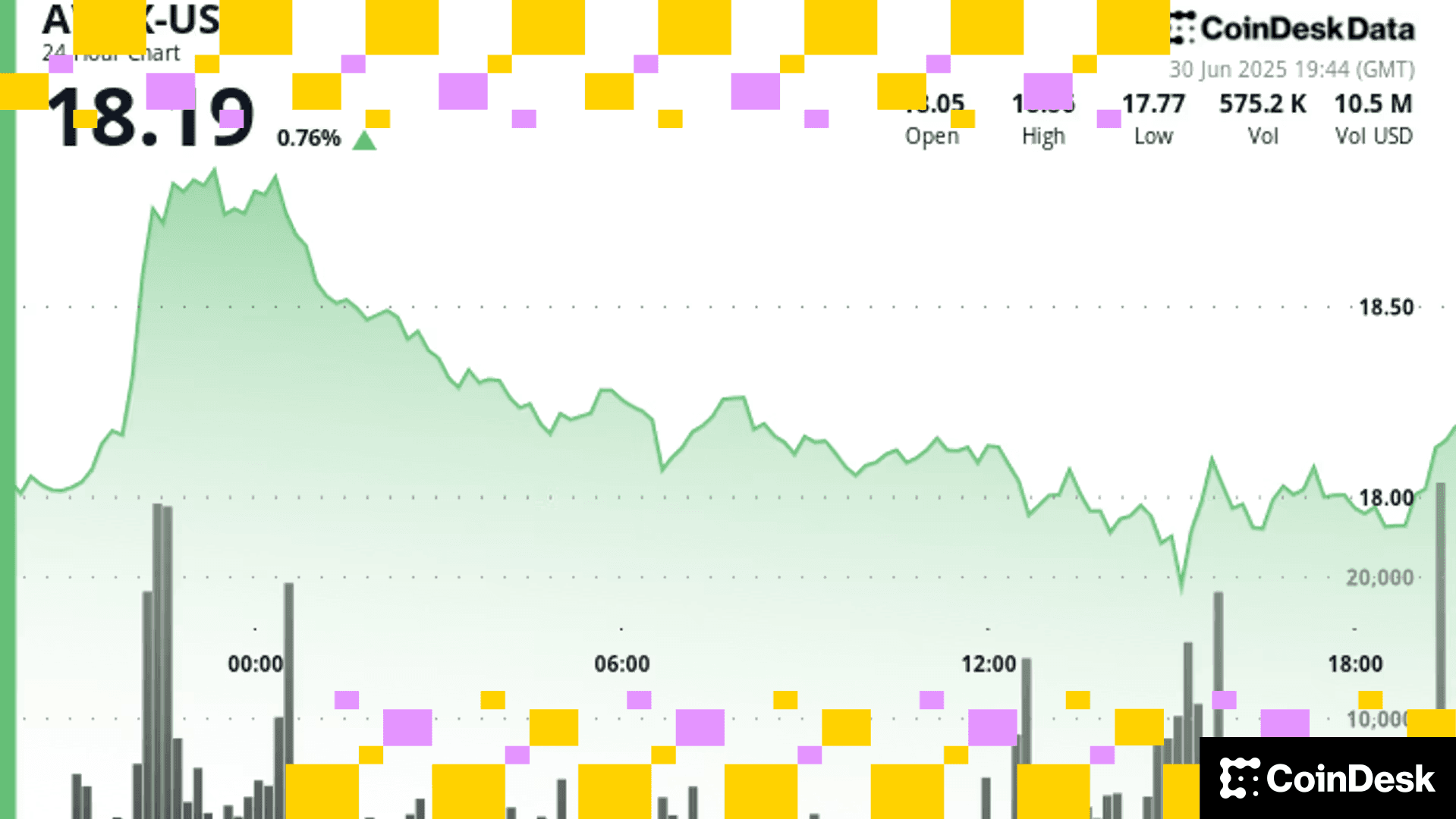UK ‘Travel Rule’ Won’t Completely Nix Transfers to Noncompliant Places, FCA Says
Companies such as PayPal are already halting their crypto payments services in the U.K. as a result of tighter regulations.

New crypto money laundering rules needn’t completely stop transfers to countries that don’t follow international norms, the U.K.'s Financial Conduct Authority (FCA) said in guidance published Thursday.
Controversial new measures known as the travel rule, requiring crypto operators to identify the sender and recipient of funds transfers, are already legislated to take effect in the U.K. as of Sept. 1. While the money-laundering norms haven’t yet been fully implemented across the world, the U.K.'s upcoming stricter rules, including for advertising, have already put a halt to the crypto business of companies such as PayPal.
When receiving funds from countries that don’t yet comply with the travel rule and with incomplete data, crypto firms should be “making a risk-based assessment of whether to make the cryptoassets available to the beneficiary,” said the FCA’s guidance.
Firms should still collect customer data even if the transfer destination can’t receive it, and should fully comply with the new legislation when making transfers within the U.K. or other compliant jurisdictions, the FCA added.
Though the government has previously said it wants to make the U.K. a crypto hub, many in the industry fear that goal is getting harder thanks to tighter regulations in areas such as crypto ads, and regulatory hurdles that as many as 86% of firms can’t surmount.
The travel rule was agreed by international standard-setter the Financial Action Task Force (FATF) in a bid to stop crypto being used to disguise criminal funds, and the measure has already been legislated in jurisdictions such as the European Union.
More For You
Exchange Review - March 2025

CoinDesk Data's monthly Exchange Review captures the key developments within the cryptocurrency exchange market. The report includes analyses that relate to exchange volumes, crypto derivatives trading, market segmentation by fees, fiat trading, and more.
What to know:
Trading activity softened in March as market uncertainty grew amid escalating tariff tensions between the U.S. and global trading partners. Centralized exchanges recorded their lowest combined trading volume since October, declining 6.24% to $6.79tn. This marked the third consecutive monthly decline across both market segments, with spot trading volume falling 14.1% to $1.98tn and derivatives trading slipping 2.56% to $4.81tn.
- Trading Volumes Decline for Third Consecutive Month: Combined spot and derivatives trading volume on centralized exchanges fell by 6.24% to $6.79tn in March 2025, reaching the lowest level since October. Both spot and derivatives markets recorded their third consecutive monthly decline, falling 14.1% and 2.56% to $1.98tn and $4.81tn respectively.
- Institutional Crypto Trading Volume on CME Falls 23.5%: In March, total derivatives trading volume on the CME exchange fell by 23.5% to $175bn, the lowest monthly volume since October 2024. CME's market share among derivatives exchanges dropped from 4.63% to 3.64%, suggesting declining institutional interest amid current macroeconomic conditions.
- Bybit Spot Market Share Slides in March: Spot trading volume on Bybit fell by 52.1% to $81.1bn in March, coinciding with decreased trading activity following the hack of the exchange's cold wallets in February. Bybit's spot market share dropped from 7.35% to 4.10%, its lowest since July 2023.
More For You











